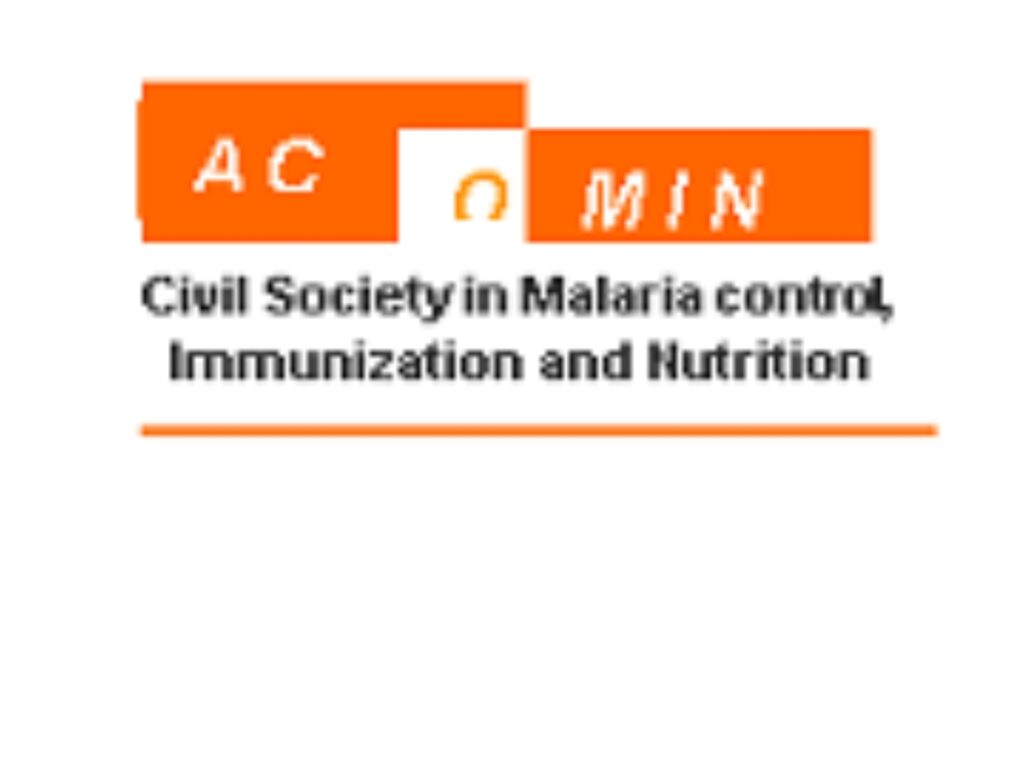ACOMIN Advocacy Team Urges Kano Health Officials to Address Critical Gaps in Primary Healthcare Facilities
The State Advocacy Team of the Association for Civil Society in Malaria Control, Immunisation, and Nutrition (ACOMIN) Kano State, has called on the state government to urgently address glaring infrastructural and staffing deficits across Primary Healthcare Centres (PHCs) in 13 local government areas.
The call was made during a high-level advocacy visit to the offices of Alhaji Jaafar Jazuli, Director of Administration, and Dr. Ibrahim Aliyu Umar, Director of Public Health, at the Kano State Primary Health Care Management Board.
The visit, under the Global Fund Malaria Grant Cycle 7 (GC7), aims to scale up Community-Led Monitoring to improve the quality, equity, and efficiency of malaria, HIV, and TB services in the state.
Presenting the issues, the ACOMIN team ,lead by State Program officer Mal.Sharif Abubakar detailed a list of immediate needs identified through its community-led monitoring mechanism. The findings revealed severe challenges hampering service delivery, including a critical lack of water access in facilities across ten LGAs—including Tarauni, Rano, Bichi, and Dawakin Kudu—and a dire shortage of sanitation facilities like toilets in PHCs in Dawakin Kudu, Minjibir, Rano, and Ungogo LGAs.
Jaiz Bank Unveils New Corporate Identity, Reaffirms Commitment to Ethical Banking
KANO INFORMATION COMMISSIONER PLEDGES CAPACITY BUILDING FOR MEDIA AIDES TO LG CHAIRMEN
Furthermore, Mal.Sharif highlighted acute human resource shortages, urging the immediate redeployment or recruitment of technical staff to facilities in Wudil, Danbatta, Minjibir, Dawakin Kudu, and Kura LGAs to prevent a collapse in service provision.
“To sustain and scale past achievements, we seek your leadership and support in allocating and releasing funds for urgent water and sanitation facility upgrades and approving the facilitation of health worker recruitment to address these critical staffing gaps,” read part of the advocacy letter signed by Ayo Ipinmoye, ACOMIN’s National Coordinator.
The team recalled significant achievements from the previous grant phase (NFM3), which included strengthened government commitment evidenced by increased LGA budget allocations for malaria, renovation of PHC facilities, and improved health-seeking behaviour among communities.
In his response, the Director of Public Health, Dr. Ibrahim Aliyu Umar, acknowledged the critical role of ACOMIN and its network of Community-Based Organisations (CBOs). He emphasized the need for a collective effort to overcome the challenges.
Dr. Umar commended the SAT for its work and called on all members to actively participate in all related health areas across the state. He assured the team of the ministry’s commitment to looking into the presented issues and collaborating to find sustainable solutions.
The GC7 grant will see ACOMIN and 26 engaged CBOs implementing CLM in 13 malaria-endemic LGAs: Gaya, Ungogo, Wudil, Minjibir, Bunkure, Bichi, Danbatta, Tofa, Rano, Tarauni, Gabasawa, Kura, and Dawakin Kudu.
The overarching goal is to leverage real-time, evidence-based data from communities to advocate for efficient commodity use, higher quality service delivery, sustained budgetary appropriations, and optimised deployment of health workers, ultimately building a malaria-free Kano while advancing integrated health services.


